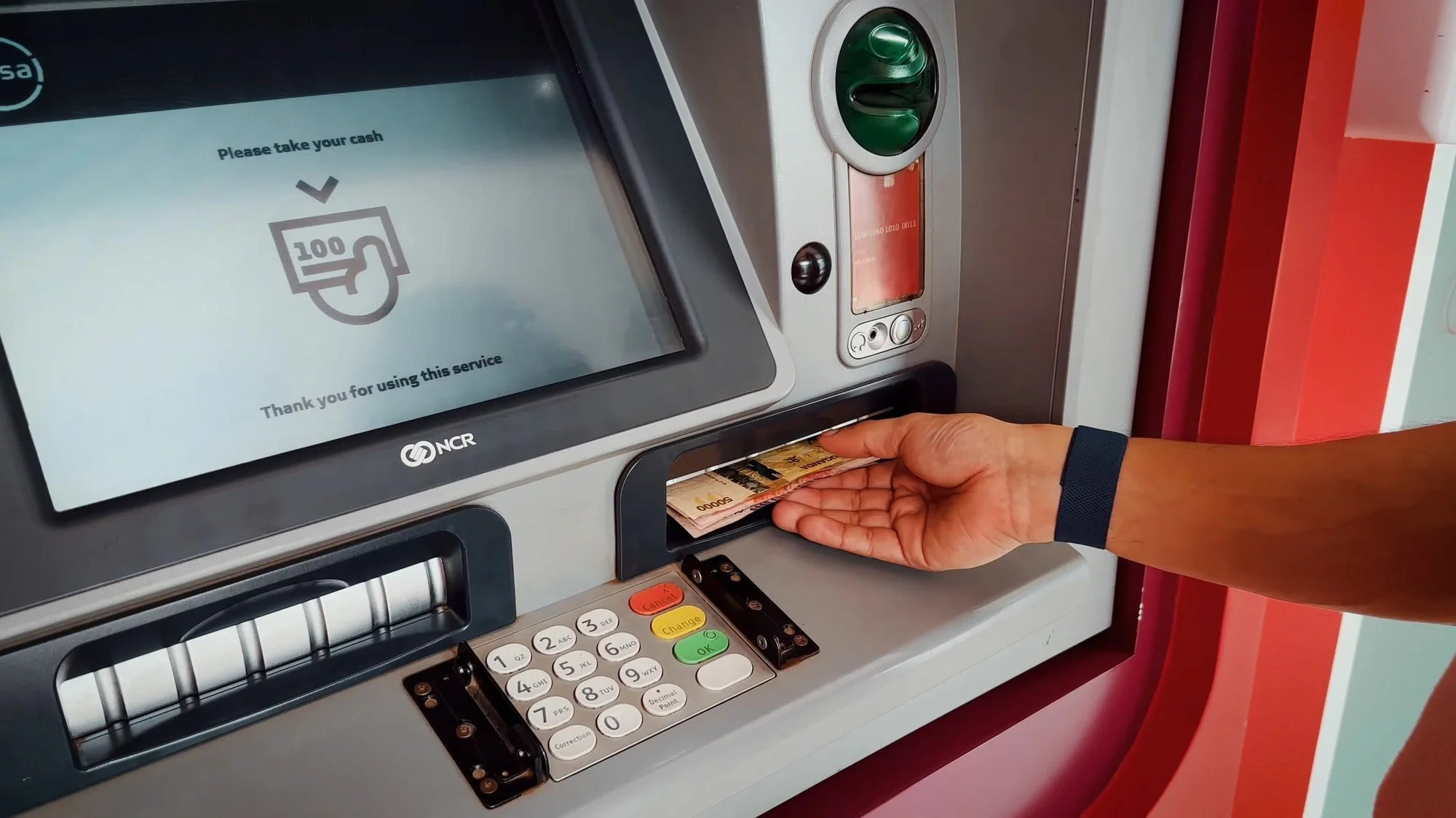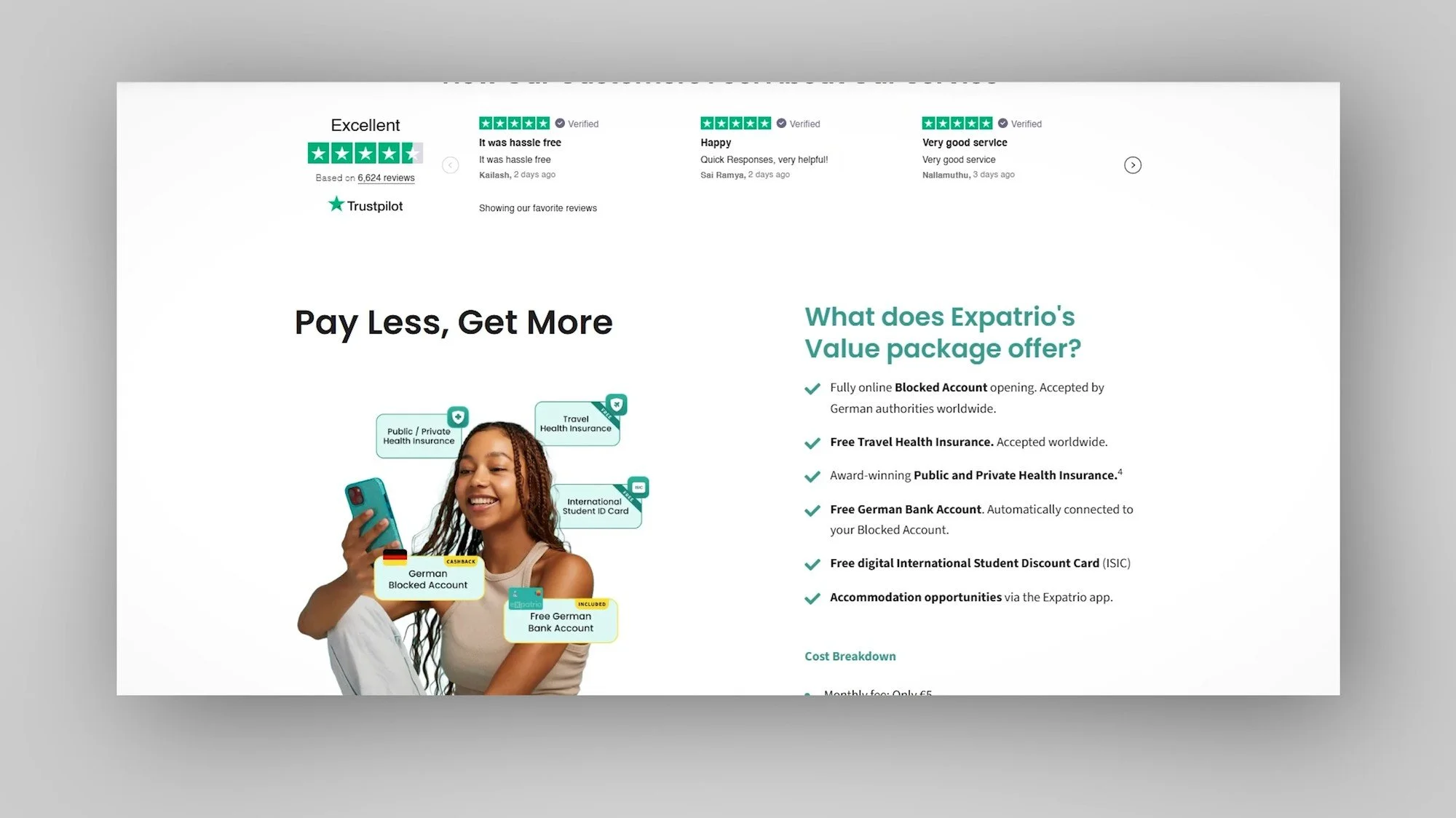8 Reasons Why Your Opportunity Card Visa Might Get Rejected! (Avoid These Mistakes!)
Did you know that almost 40% of applications for Chancenkarte or Opportunity Card are getting rejected? Nothing feels worse than preparing yourself mentally for your move to Germany, only to end up with a rejection letter. Many applicants don’t even know they’re making these mistakes!
But here’s the thing, most of these rejections are completely avoidable if you pay a bit more attention to some details. In this article, I’ll explain the top reasons why applications are getting rejected and, more importantly, how you can fix them and increase your chances.
1. Eligibility
There are two ways to apply for the Opportunity Card, and one key factor for a successful application is making sure you meet the eligibility criteria through the right pathway.
If you’re taking the first path and applying based on having a German-equivalent degree, your qualifications must be officially recognized by German authorities. This means you need to check your degree through Anabin or get it individually assessed by ZAB. If you’re unsure how to do this, don’t worry! I’ve already made detailed videos on both of these topics, which you can find on my channel.
But if you're applying based on the points-based system, you must carefully assess your profile and ensure that you meet the minimum points threshold required for approval. Only and only if you meet all the necessary requirements should you proceed with your application. This can save you time, money, and the frustration of a rejected visa.
2. Lack of Relevant Professional Experience
The Opportunity Card is meant for skilled workers in fields that are in high demand in Germany. So, if your skills and qualifications don’t match what Germany needs, your application might not get approved.
That’s why it’s important to do the research, understand the German job market before applying, and check which industries are actively hiring. If your experience doesn’t fully align with what employers are looking for, then do additional training and get those certifications before you start with your visa application.
3. Incomplete Documentation
This is one of the most common reasons why your visa may get rejected: failing to provide sufficient evidence to support the claims made in your application.
The Opportunity Card has strict documentation requirements, and every qualification you mention, whether it’s your education, work experience, or language skills, must be backed up with proper documents.
For example, if you say you have a degree or professional qualification, you need to submit official transcripts, degree certificates, and evaluation certificates if required. If you’re claiming work experience, you must provide work experience certificates and reference letters from past employers. The same goes for language skills if you say you have the language skills but don’t attach proof from recognized institutions, your application will be rejected.
So, make sure all your documents are accurate, complete, and up-to-date, and double-check the visa checklist before submitting your application.
4. Insufficient Financial Proof
If there’s one thing you can do to improve your chances of approval, it's to prove that you have enough financial resources to support yourself in Germany. The German government does not want people coming in and becoming a burden on their economy. That’s why financial proof is an important part of the visa application process. If you don’t provide it correctly, your application will be denied.
To meet the requirement, applicants must show at least €13,092 in their bank account, enough to cover a full year of living expenses. The safest and most effective way to do this is by opening a blocked account. A blocked account is a special type of bank account that lets you only withdraw a fixed amount every month.
You can open it through third-party providers like Expatrio, Fintiba, or even local banks in Germany. If you don’t use a blocked account, you’ll need to provide other proof of financial stability, such as bank statements showing consistent financial activity over time.
However, there is one common mistake applicants make here: transferring large sums of money into their savings account just one or two months before their visa appointment. For the German authorities, it may seem like the funds were arranged just for the visa process and are not genuinely available for living expenses. So plan upfront and make sure your financial records show stability over time.
5. Insufficient Health Insurance
One of the most important requirements for an Opportunity Card is to have mandatory health insurance.
You must obtain travel health insurance with a minimum coverage of at least €30,000 per person for the entire duration of your stay, including travel coverage. The deductible should be no more than €300 per year and should also cover pre-existing conditions. And failing to meet this requirement will lead to a 100% rejection of your application.
It's best to purchase health insurance from a German provider. Many Indian insurance providers only offer six-month plans, which do not meet the Opportunity Card visa requirements. Some blocked account providers such as Expatrio or Fintiba offer bundled insurance solutions that offer a blocked account and health insurance.
6. Accommodation
Another crucial requirement that goes hand in hand with financial proof and health insurance is proof of accommodation. The German authorities want to ensure that visa holders have stable living arrangements and won’t struggle to find housing after arrival.
I know some applicants have managed to get visas with shorter stays. But the safest approach would be to book a refundable 12-month stay through platforms like Booking.com or by directly contacting hostels and long-term stay providers. If you’re planning to stay with friends or family, submit a signed letter of accommodation from your host, along with their rental contract as proof.
7. Weak Motivation Letter
A vague or generic motivation letter is one of the biggest reasons why Opportunity Card visa applications get rejected. You should have a clear and actionable job search plan that shows you understand the German job market and have a realistic chance of finding employment. Unfortunately, many overlook this and simply copy generic templates from the internet. Just writing something like “I want to work in a developed country.” won’t work.
A strong motivation letter should clearly explain:
Why do you want to move to Germany
Your job search plan includes the list of industries and job titles you’re targeting
Proof of active job searching like job listings from LinkedIn or other job portals that match your qualifications
If you’ve already received responses or interviews, mention them
Highlight any job fairs or industry events in Germany that you plan to attend once you get to Germany
It’s just as important to prepare a resume (CV) according to German standards. German employers prefer structured, concise, and skills-focused resumes. So instead of lengthy paragraphs, focus on practical experience, technical expertise, and achievements that align with the German job market expectations. A well-crafted CV and motivation letter can make a huge difference in whether your application gets approved or rejected.
8. Interview Requirements
Once you believe you meet the eligibility criteria and have all the required documents, your next big focus should be the visa interview. Visa officers want to ensure that you are a genuine candidate with a clear plan for finding a job in Germany.
During the interview, you can expect questions about:
Your background – They may ask about your education, work experience, and skills
Your Knowledge – You might even get basic subject-related questions related to maths, physics, chemistry, or other random topics
Your future plans – Why do you want to work in Germany? What are your career goals?
Your job search strategy – Be ready to explain which industries, positions, and networking methods you are using to find a job
Your German language skills – This matters more than you think! Visa officers don’t just evaluate your qualifications—they also assess how well you’ll be able to navigate the job market and integrate into daily life in Germany. Even if German language skills are not mandatory for your application, having a basic understanding of the language can work in your favor. At the very least, learn how to introduce yourself in German and answer common questions confidently. Showing even basic effort in learning the language shows your commitment, and can positively influence your visa application.
Many applicants get rejected simply because they fail to convince the visa officer that they are serious about working in Germany. To help you prepare, I have compiled a list of common visa interview questions that you can download it for free:
9. Application Errors
The Germany Opportunity Card application process is highly detailed, and visa officers carefully examine every document before making a decision. Even a small mistake, like a missing signature or an incorrectly filled-out section, can lead to delays or even rejection.
So, take the time to review every detail of your application before submitting it. Make sure all the information is accurate, your documents are complete and properly formatted, and that there are no inconsistencies. Auf Wiedersehen!
Disclaimer: The Content is for informational purposes only, you should not construe any such information or other material as legal or other advice. It is important to do your own analysis before making any decision.






